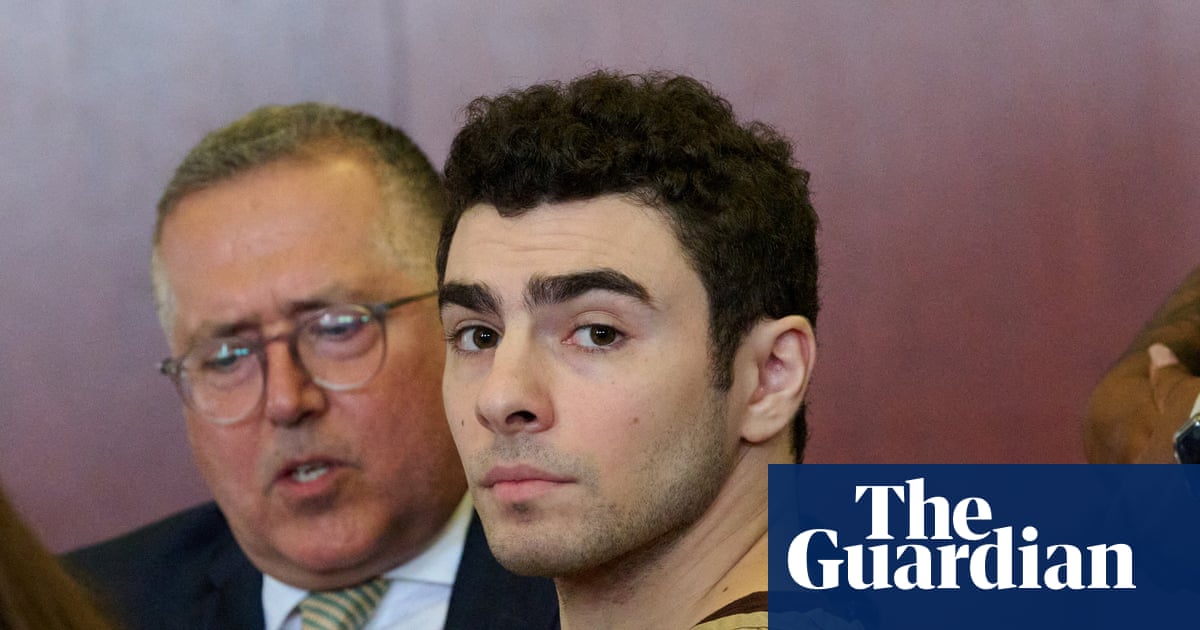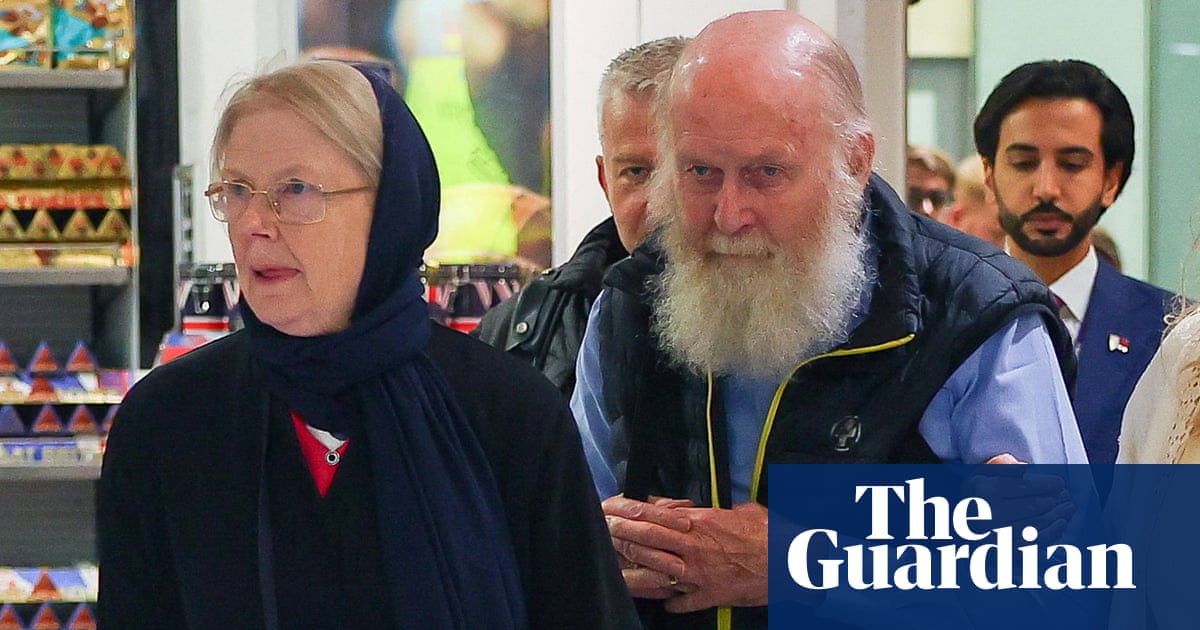The Trump administration has ended temporary protections for people from Honduras and Nicaragua in the latest phase of its effort to expel undocumented people from the US.
The Department of Homeland Security (DHS) announced it would end temporary protected status (TPS) for an estimated 72,000 Hondurans and 4,000 Nicaraguans in moves that will come into effect in about 60 days.
Citizens of the two Central American nations were accorded the status after Hurricane Mitch in 1998, which left 10,000 dead after it ripped through the region.
Honduras and Nicaragua are the latest in a series of countries to have their US-based citizens stripped of temporary protections since Donald Trump’s return to the White House. Similar moves have been made to end TPS for those from Venezuela, Haiti, Afghanistan, Cameroon and Nepal.
Not all of those being stripped of the protection will necessarily be at risk of being forced to leave. Roughly 21,000 Hondurans and 1,100 Nicaraguans have obtained green cards, giving them legal permanent residence status.
Those without such status will be urged to arrange their departure through a Customs and Border Protection app, which would offer complimentary plane tickets and a $1,000 exit bonus, according to Fox News.
Kristi Noem, the homeland security secretary, said the circumstances that led to the status being awarded to Hondurans no longer existed.
“Temporary Protected Status was designed to be just that – temporary,” she said.
“It is clear that the government of Honduras has taken all of the necessary steps to overcome the impacts of Hurricane Mitch, almost 27 years ago. Honduran citizens can safely return home, and DHS is here to help facilitate their voluntary return.”
Noem added that Honduras was “a wonderful partner to the Trump administration”.
An additional statement on a federal register post said the country had made “significant progress” since the hurricane and had become “a popular tourism and real estate investment destination”.
“Reports indicate that 95.7% of Hondurans have access to a basic water source, 83.8% can access basic sanitation, and 93.2% have access to electricity,” the post added.
after newsletter promotion
The DHS issued a similar statement regarding Nicaragua but made no mention of the government of the country’s current president, Daniel Ortega, which has come under international scrutiny for human rights violations, including arbitrary arrests and prosecutions of political opponents.
“The impacts of a natural disaster impacting Nicaragua in 1999 no longer exist,” the statement said. “The environmental situation has improved enough that it is safe enough for Nicaraguan citizens to return home.”
Previous efforts to end temporary protections have been impeded by legal challenges. In March, a federal court order blocked the revocation of TPS for Venezuelans. That ruling was paused by the US supreme court in May, although litigation continues through the ninth circuit court of appeals, with oral arguments scheduled for this month.
Last week, a federal court blocked Noem’s 27 June decision to terminate protections early for Haitians, saying she lacked the authority to do so. The International Rescue Committee has estimated that up to 500,000 Haitians in the US would lose their work permits and legal status on 2 September if their TPS is terminated.
More than 1 million immigrants are believed to depend on temporary protected status as their right to reside in the US. The status was created by a 1990 Act of Congress for citizens of countries afflicted by war, natural disaster and other catastrophes and applies to people already living in the US at the time of such events. It is extended in increments of up to a year-and-a-half at a time.
It does not extend a pathway to permanent status or citizenship for holders and is distinct from the refugee resettlement program.

 2 months ago
69
2 months ago
69

















































